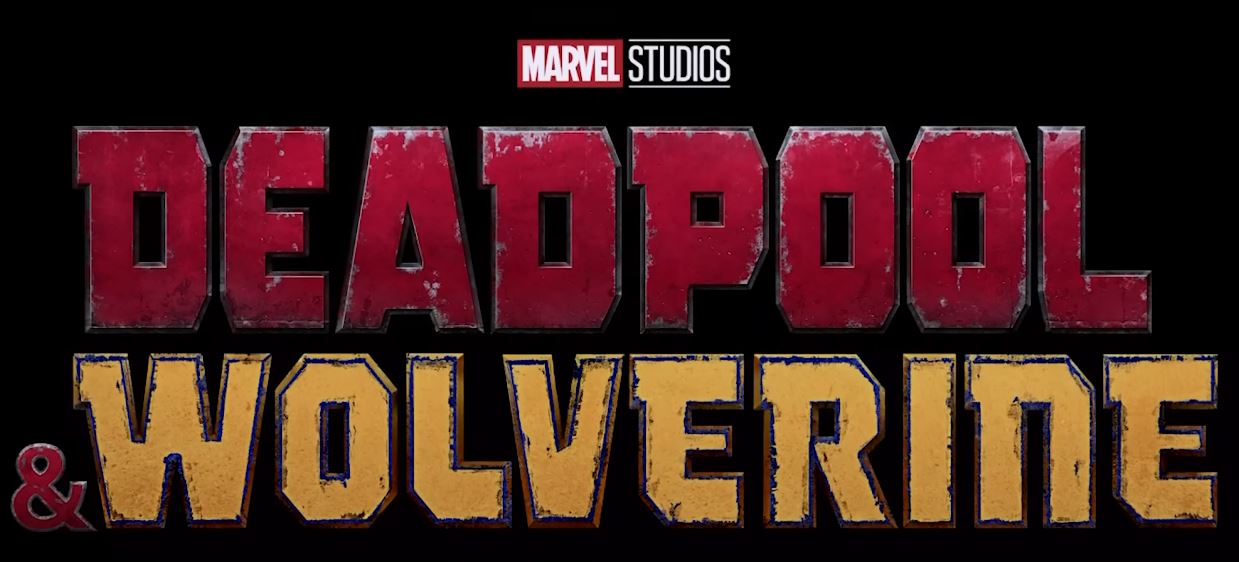The much-anticipated unveiling of the Deadpool & Wolverine trailer has effectively put to rest any residual doubts about the incorporation of R-rated content in the Marvel Cinematic Universe (MCU) under Disney’s stewardship. The announcement of a Deadpool movie within the MCU framework by Disney ignited a spirited discussion regarding the extent to which the entertainment giant would permit the character’s notorious edge to shine through. While the prospect of Ryan Reynolds’ Deadpool merging into the MCU was met with enthusiasm, there was palpable apprehension that Disney might shy away from the franchise’s edgier aspects to safeguard Marvel’s brand reputation. This led to widespread speculation that Disney’s iteration of Deadpool might be a watered-down version compared to the character’s portrayal in the first two films produced by Fox.
Thankfully, the creative minds behind the Deadpool & Wolverine trailer have clearly taken these concerns into account, demonstrating a commitment to preserving the essence of Deadpool’s character. The trailer showcases Deadpool’s characteristic humor, unapologetically crossing lines that have yet to be explored in the MCU. This adherence to Deadpool’s irreverent wit is not only a boon for Deadpool & Wolverine; it also hints at Marvel’s readiness to embrace more daring ventures. Recent endeavors already hinted at Disney’s inclination to explore new territories within the MCU, and the Deadpool & Wolverine trailer boldly advances this trend.
The promotional clip cleverly plays with the audience’s apprehensions regarding Deadpool’s MCU debut, incorporating a light-hearted acknowledgment of these fears. Initially, the trailer presents a seemingly innocuous scene of Wade and his companions enjoying a festive gathering, which abruptly shifts to risqué humor with the arrival of the TVA intent on apprehending Deadpool. Wade’s immediate recourse to explicit, sexually charged humor, along with his remark about the novelty of such content for Disney, openly challenges preconceived notions about content censorship.
“This isn’t new for me, friends. But it is for Disney,” Deadpool quips, underscoring a pivotal moment where Disney appears to be reevaluating its content boundaries within the MCU. This approach is reflective of Disney’s gradual shift from its traditional content guidelines, as evidenced by its previous projects.
Echo, an MCU series on Disney+, marked a significant milestone by being the first to receive a TV-MA rating, showcasing a willingness to incorporate more graphic violence. Similarly, the forthcoming Blade movie is anticipated to carry an R rating, suggesting a trend towards more explicit content. The Deadpool & Wolverine franchise, expected to maintain the violent elements characteristic of its predecessors, now also suggests a potential softening of Disney’s stance on explicit language.
The inclusion of an f-bomb in Guardians of the Galaxy Vol. 3 by James Gunn was a notable first for the franchise, highlighting a gradual evolution in content policy. Deadpool & Wolverine elevates this progression by featuring such language in its promotional material, setting a precedent for future MCU projects. Notably, as the sole MCU release of 2024, Deadpool & Wolverine represents Marvel’s broader strategy of pushing creative boundaries in its flagship offering for the year. This move could pave the way for a more diversified and boundary-pushing slate of MCU projects moving forward, signaling a significant shift in the narrative and thematic scope the franchise is willing to explore.

















